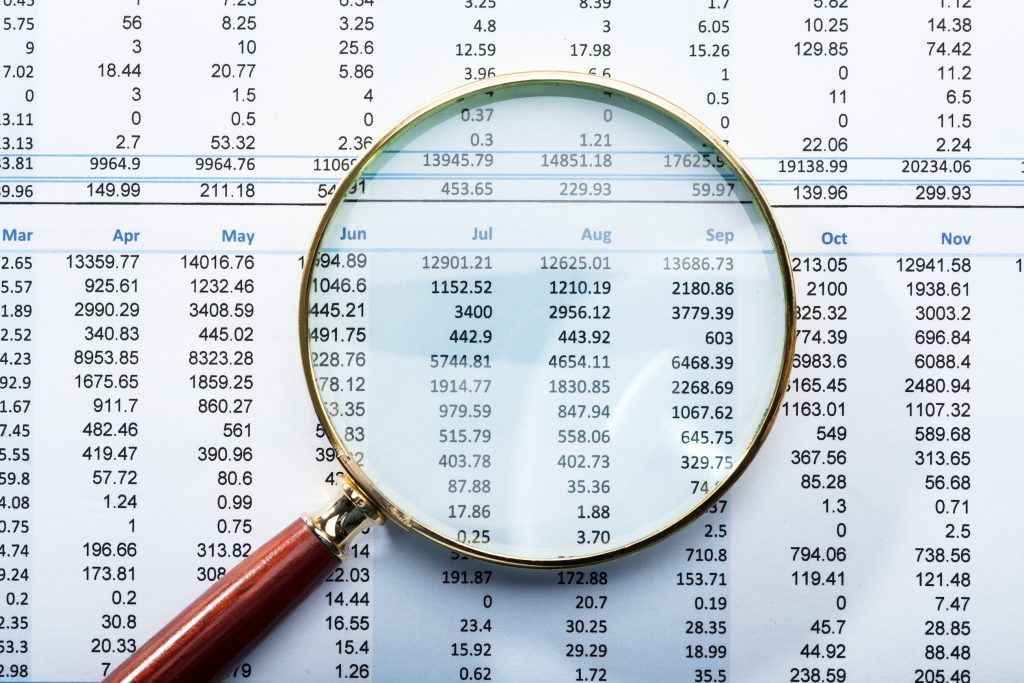The automatic exchange of information (hereinafter: „AEOI”) is a significant topic as a global process against tax avoidance and tax evasion not only in Hungary, but also at international level. The system of the AEOI was developed by the Organisation for Economic Co-operation and Development (hereinafter: „OECD”), which led to the signing of the Common Reporting Standard (hereinafter: „CRS”) in 2014.
What are the opportunities of the tax authorities?
The AEOI allows tax authorities to exchange information regarding bank accounts with each other, even across borders. In practice, if somebody from Hungary has a bank account in Switzerland, then the Hungarian tax authority will get information automatically from this bank account, thus in the future hiding savings from authorities will become quite difficult.

We could read often about the many countries, which have already signed the CRS, and this is essential to the working of the AEOI in practice. However, this information could be misleading, as the fact that a country has signed the CRS not means that this country will exchange information about bank data automatically with the other parties. The AEOI has two parts, on one hand the CRS, and the other hand the Competent Authority Agreement (hereinafter: “CAA”). When a country joins to the AEOI it means that it signs the CRS, which contains the regulations on the reporting obligations and the customer due diligence.
Which conditions must be met?
After the signing of the CRS, countries should fulfil some regulations which are connected to the acquiring, using, protecting of the information which will be forwarded. Also, there needs to be a legal instrument between countries to have legal basis of the exchange (e.g. double taxation treaty). Moreover, the signing countries should develop an information system and should implement the legal regulations in connection with the exchange of information. The OECD is monitoring the countries via the Global Forum and making recommendations for them and informing them about the areas where development is needed.
However, the exchange of information is not uninsured even although all the legal and technical background is appropriate, because tax authorities of the countries should enter into an agreement called the CAA. The CAA could be bilateral, or multilateral (hereinafter: “MCAA”) depending on the choice of the country.
But all this is not enough! We need to publish!
In the country, where the MCAA has been signed, exchange of information is not guaranteed as all the countries should send a notification to the OECD containing the list of those countries in respect of which they would like to enter into force the agreement. This means that, the signing parties could determine that, with which countries – who are also signing parties – they would like to exchange information automatically. Then the OECD does not publish the choices of the countries unless both countries have confirmed the exchange of information towards each other, and afterwards the exchange of information between countries can begin in practice. According to the information published in August 2018, the MCAA was signed by 103 countries.
What does it mean for Hungary?
Hungary has already 63 activated connections, which means that the Hungarian tax authority will exchange information regarding bank accounts with other 63 tax authorities in September 2018. The activated relations of Hungary can be found on this link. http://www.oecd.org/tax/automatic-exchange/international-framework-for-the-crs/exchange-relationships/
Based on the above, we could say that the AEOI may start the flowing of the bank account information, but there is no full coverage. There are 149 countries which commit themselves beside the sharing of the bank account information i.e. AEOI, however there are 43 countries where have no decision about the first exchange of information, while there are 4 counties (Albania, Maldives, Nigeria, Peru) whose have undertaken to start it in 2019-2020. Furthermore, the problem of activated relations reinforces the absence of the full coverage, because until each country does not activate the exchange of information towards all other countries, there is no chance, that all bank account information shall be accessible by each tax authority. The USA is not applying the AEOI for the exchange of information, instead in exchanges information within the scope of the FATCA.
So, when does the tax authority sees my foreign bank account?
The reply for the above question is that the Hungarian tax authority will get information about a bank account if the given person has bank account in one of the 63 countries in respect of which Hungary has activated relation. Hungary has activated relations with our neighbour Austria, but also with the exotic Seychelles and Singapore, if you need more information in connection with this question please call our office. Of course, the question is not so simple, because a foreign bank also should state that a natural person or a legal entity has a Hungarian residence in connection with their bank account, in order to forward the relevant information to the Hungarian tax authority. We will inform you about this matter in our blogpost No. II.
In case of question please contact:
Dr. Balázs Békés



